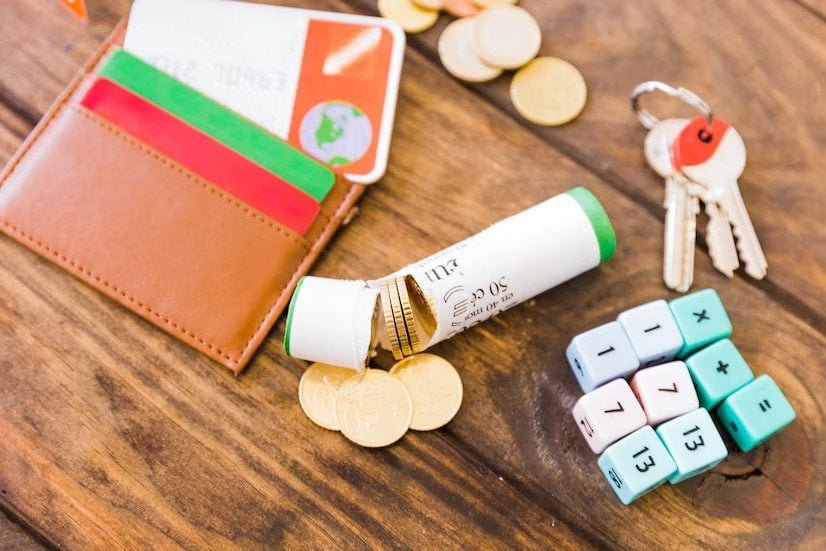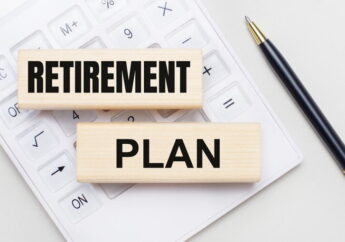How Does An IRS Bank Levy Work?
by Abdul Aziz Mondal Finance 15 February 2023

If you owe money to the government, you might have heard of the IRS bank levy. It is nothing but the seizure of money in the bank account. This means you cannot withdraw the money after your bank receives a notice of levy from the IRS and it can seize the funds from your account but only up to the amount outstanding in taxes, interest or penalties. It is a way of recovering your dues. But you can prevent a levy by working out a payment agreement for your liability. Let us understand what the IRS bank levy is and how it works.
What Is An IRS Bank Levy?
When you owe money in the form of taxes or penalties, you will receive a bill from the IRS asking for payment. You will then receive additional IRS notices and if you still do not pay the bill, you will receive a bank levy. This is a notice that will allow you a month to request the Collection Due Process hearing and this is where you can attempt to avoid a levy through a range of tax resolution plans. If you are trying to generate passive income, it helps to first pay the tax liability from your savings and then proceed.
That said, the IRS will not levy the assets for a month and if you ask for a hearing, they will not levy the assets even in your hearing process. IRS will only try to levy if you withdraw the petition, or a Tax Court has a decision on the case. Those who do not request a CDP hearing will receive a bank levy after the end of their 30-day tenure.
How Does The Levy Work?
Your bank will receive a notice from the IRS stating the levy and the bank has to follow the terms mentioned in the notice. Hence, it will freeze the money lying in your bank account. After this, you will not be allowed to withdraw money or transfer it, but you will get some time to stop the levy.
Once there is a levy notice, it will apply to your funds lying in the account. The experts at Rush Tax Resolution state, “it is important to remember that an IRS bank levy is always a single event and not continuous. Not many people are aware of this.”
If the IRS wants to seize your funds for the second time, they will have to start the entire process all over again. But in most cases, the IRS will not issue levies again and again unless taxes are due even after the first seizure. In that case, it can be a possibility.
Ways To Prevent An IRS Bank Levy
There are different ways you can release or prevent the bank levy. Let’s take a look at them.
IRS Help
There are many strategies you can use to prevent the IRS bank levy. One of them is to work out a deal with IRS before the hearing. In case the IRS has sent the levy to your bank, it might be hard to stop it, but you still can if you act on time.
Pay Your Taxes
The best way to prevent a levy is to pay the tax amount in full. This way, the IRS will not levy your bank account and it will also reduce the interest or penalty you will be charged on the outstanding amount.
Collection Due Process
A CDP hearing is the right place to stop the levy. You can dispute your tax liability if you have not had an opportunity to do so and you can appeal the hearing decision to a Tax Court. It is important to preserve your CDP rights by asking for a hearing within 30 days of the date of the notice.
Offer in Compromise
This is a tax settlement option when you cannot afford to make the monthly payments. It is a chance to base the offer amount on your monthly disposable income and the equity you hold in assets. You can make your application and the IRS will verify your details before coming to a decision.
Instalment Agreement
You can consider an installment agreement where you agree to a monthly installment plan and pay off the tax liability. It has flexible terms which means you have many years to pay the outstanding amount. A bank levy will be halted after this agreement.
Hardship
It is possible to stop the levy by proving that it can cause instant financial hardship. In this case, you can ask the IRS to classify the account as not collectible due to financial hardship. It will halt the collection actions for the time being.
If you owe taxes, you must be aware of a bank levy and its impact. There are ways to stop or prevent it, but the best way is to pay your tax liability on time. It will save a lot of hassle in the long run.
Read Also:



































































































